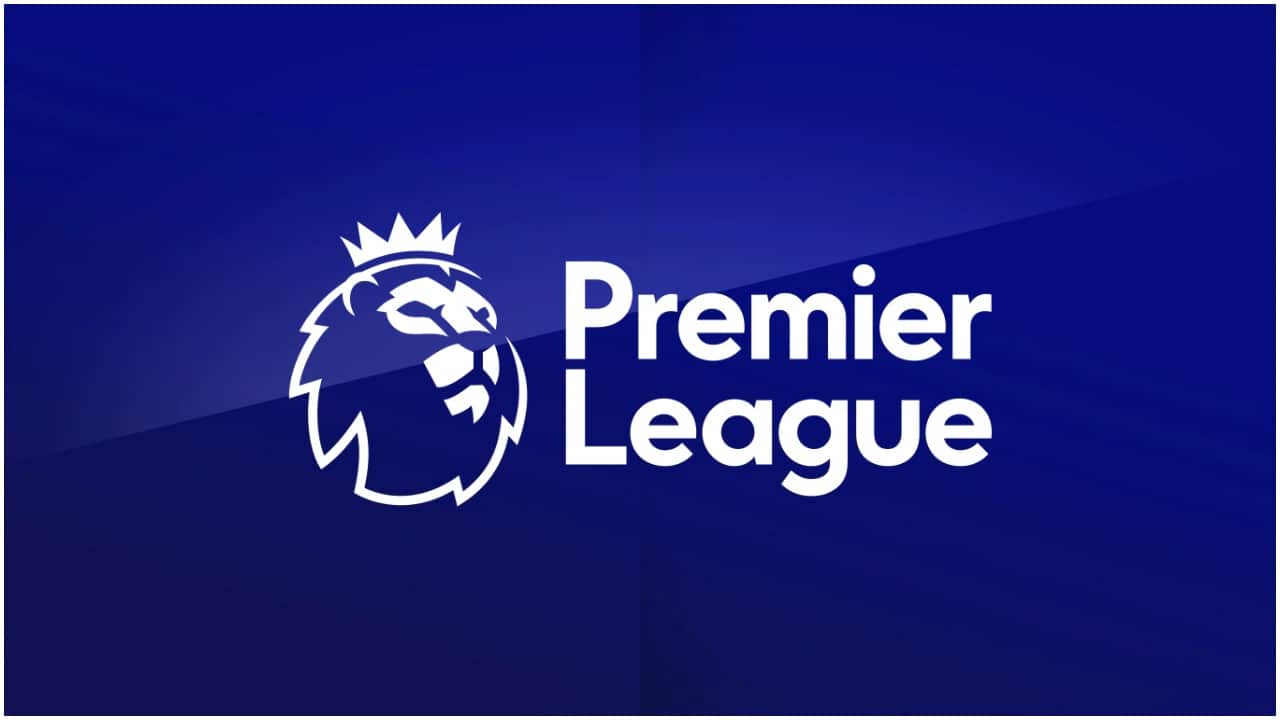
In the face of an increasingly congested football calendar, the Premier League is deliberating the potential abandonment of its mid-season break. The proposed alteration, set to be enforced for the 2024/2025 season, is triggered by the imminent overhaul of FIFA’s 32-team Club World Cup, slated for the summer of 2025.
Initially introduced in 2018, the Premier League’s mid-season break, currently structured as a two-week respite in January, was designed as a measure to alleviate the strain on players. However, as discussions about its feasibility unfold, the league’s chief executive, Richard Masters, acknowledges that this initiative could be rendered untenable.
Masters revealed, “It is one of the things we are discussing with the FA [Football Association] and EFL [English Football League]. We want the Premier League, the major cup competitions, and the EFL to thrive, and that necessitates an adjustment.”
He continued, “The 2023/2024 season marks the final iteration under the present international match calendar, with the Premier League traditionally commencing on a designated weekend. The FA Cup final occupies its exclusive weekend slot, succeeded by the Champions League, and a mid-season player break nestled in between.”
Masters added, “Given the influx of European commitments, a substantial shift is inevitable. We are also attuned to FIFA’s evolving tournaments. With the expansion of the World Cup, an extra group stage fixture will be incorporated. Naturally, this will consume more space within the calendar.”
“Player unions and athletes have articulated their concerns emphatically. From the standpoint of leagues, the European Leagues and World Leagues Forum are resolute about providing a platform for domestic competitions to scrutinize the repercussions of regional and global verdicts on scheduling,” he emphasized.
Elaborating on the dynamic, Masters revealed, “Our conversations with UEFA are extensive, while engagements with FIFA are relatively limited. This necessitates heightened dialogue.”
The commencement of the EFL season saw a significant surge in yellow card issuance, indicating an intensified enforcement against time-wasting and player misconduct.
Masters conjectured, “Similar trends can be anticipated in the top-tier league until players and managers acclimate to the altered regulations. Historical precedent suggests these adjustments tend to balance out over time. The governing bodies have undertaken previous crackdowns, such as addressing referee interactions.”
“Given that players, managers, and officials need a period to adapt, the initial surge in yellow cards is likely to subside as everyone’s behavior aligns with the new norms. While the prospect of an escalated yellow card count is a subject of debate, it undeniably underscores the officials’ commitment to upholding their directives,” he concluded.





Comments are closed.